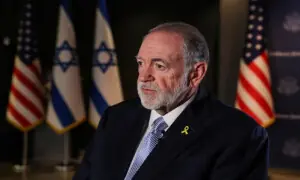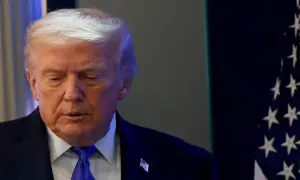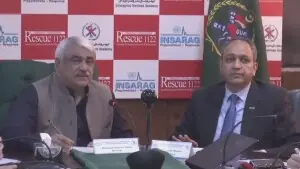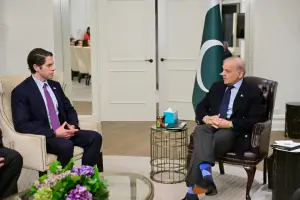Musharraf, dictator convicted of high treason, dead at 79
3 min readFormer President Pervez Musharraf, who seized power through a martial law, has died in Dubai at 79, reports said on Sunday.
The former army chief had been ill for some time and was being treated in Dubai’s American Hospital.
His body will be moved to Pakistan on Monday by a special flight.
He imposed martial law in Pakistan in 1999 and stayed in power until his resignation in 2008. For a lon period of time he was both the head of state and the commander of Pakistan’s army.
Musharraf had left Pakistan for medical treatment in 2016, never to return to the country again. He was sentenced to death in 2019 after being convicted of high treason for abrogating the constitution.
Early life and career
He was born in 1943 in Delhi and moved with his family to Pakistan after partition. He was commissioned into the army’s artillery regiment in 1964.
He served in the wars of 1965 and 1971 as part of the Special Services Group (SSG). He commanded the army’s 41 division and also served as DG military operations.
He was serving as Corp Commander Mangla when then PM Nawaz Sharif made him the army chief in 1998. His tenure at the helm of Pakistan’s military saw the war in Kargil. After a year at the post, he dismissed Nawaz Sharif’s government and imposed martial law.
Martial law and presidency
Things between the PM and the army chief steadily grew tense after Kargil. Musharraf then staged a coup after Nawaz Sharif appointed his replacement and prevented his plane from being landing as he returned from an official trip.
After major political leaders went into exile, Musharraf stayed in power until 2008. Elections in 2002 gave him a favourable parliament dominated by the PML-Q.
He stayed both president and army chief until 20017. After imposing emergency in November and suspending basic liberties, he took off the uniform.
After 2008’s elections made the PPP and PML-N the biggest parties in parliament, the new government announced impeachment proceedings against Musharraf who was still President. After initially resisting, Musharraf resigned in August 2008.
Legacy
His rule saw multiple and far reaching changes in Pakistan. Pakistan chose to enter the US war on terror after 9/11, even providing bases for the US army. While electronic media boomed, civil liberties were stifled at many points including an outright emergencey in 2007.
His tenure saw the deaths of Benazir Bhutto and Nawab Akbar Bugti. Pakistan’s lawers hit the roads after Chief Justice Iftikhar Chaudhry was dismissed.
A case of ‘high treason’ under Article 6 was filed against Musharraf in 2013. The case was heard in a special court where Musharraf initially appeared in person.
He eventually left the country in 2016 on medical grounds while the case’s proceedings continued in his absence. He was eventually sentenced to death for treason in 2019.
Since the self-imposed exile bagan, Musharraf was not an active part of the political sphere save for the occasional interview on TV.
For the latest news, follow us on Twitter @Aaj_Urdu. We are also on Facebook, Instagram and YouTube.
























Comments are closed on this story.